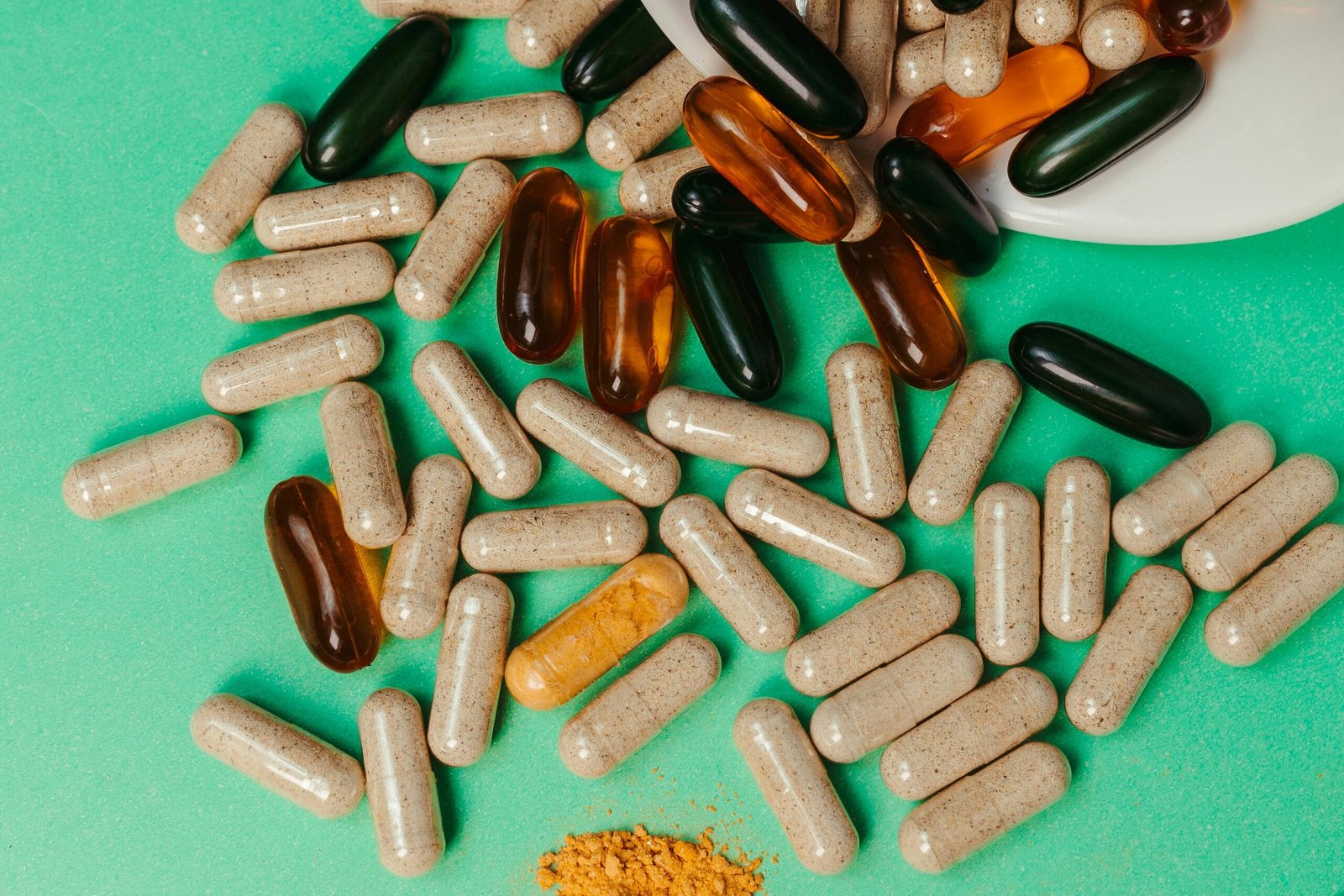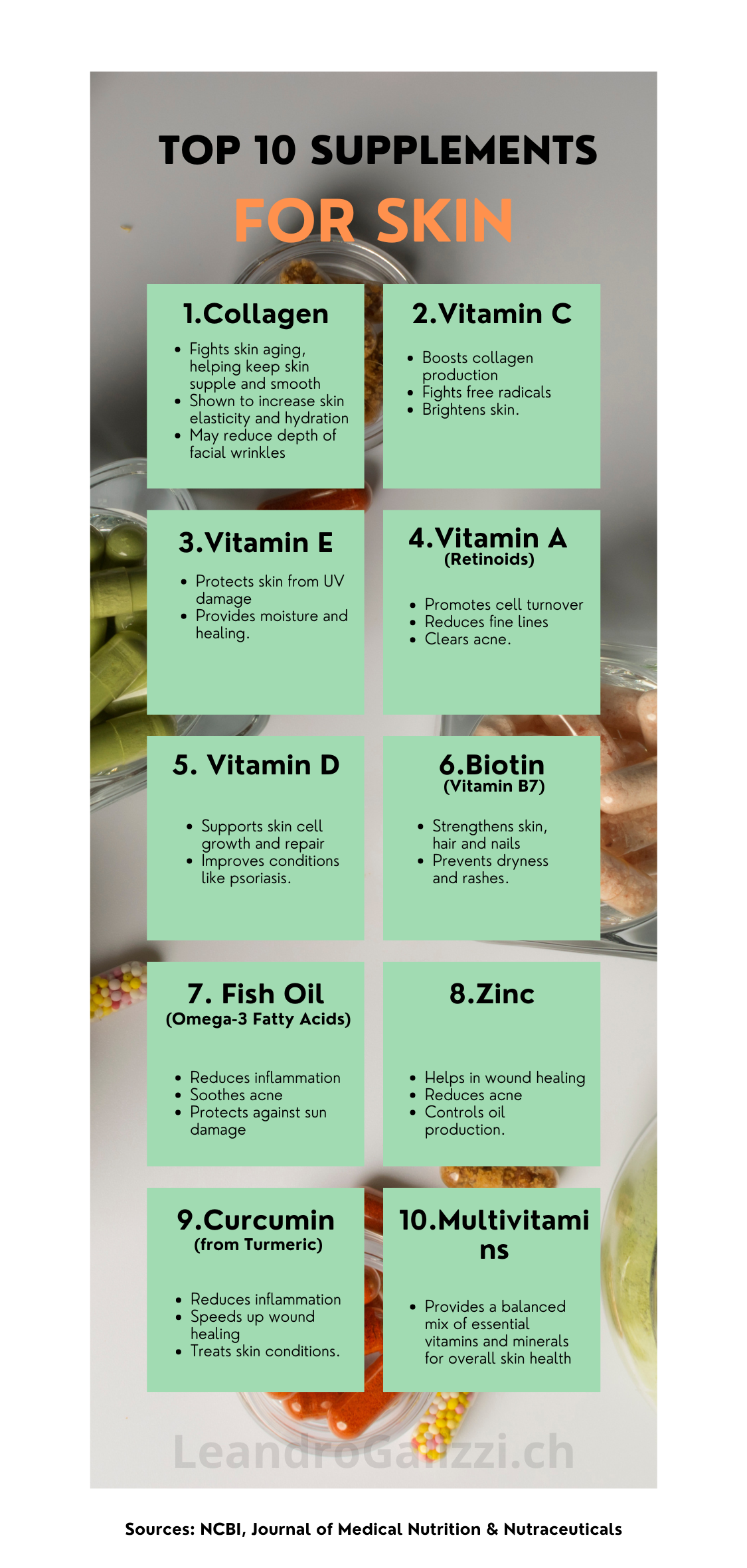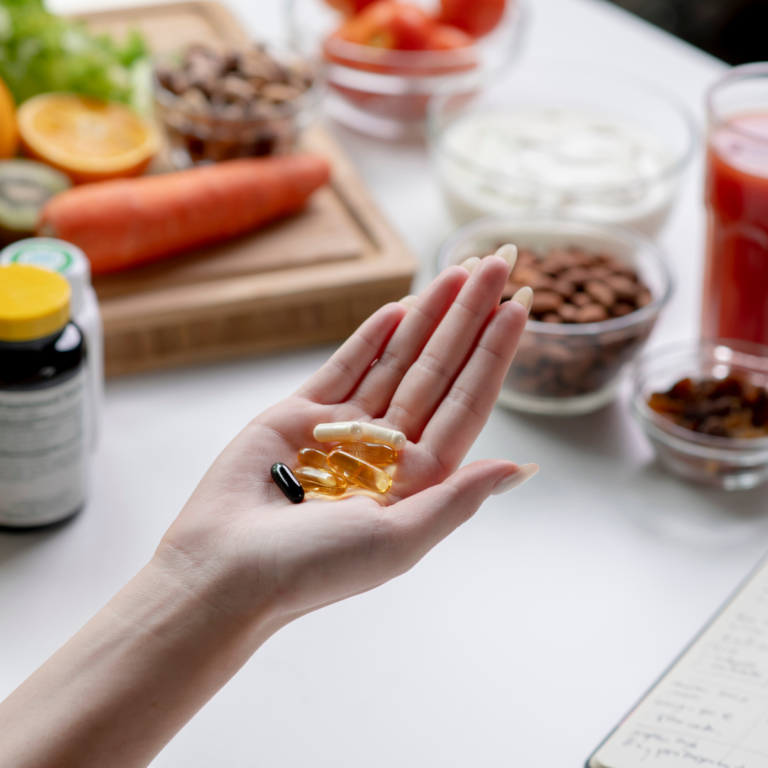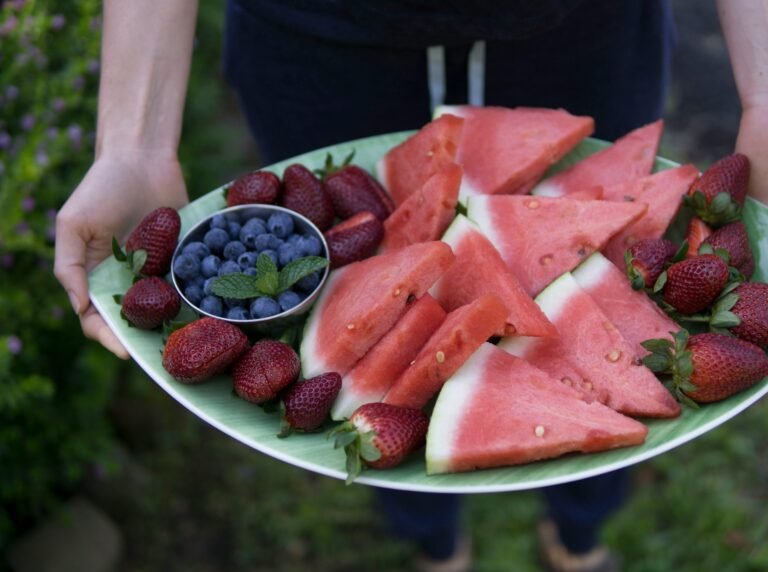Vitamins for Glowing Youthful Skin: Top 10 Supplements for Radiant Health

- The Role of Vitamins in Skin Health
- Top 10 Vitamins and Supplements for Glowing, Youthful Skin
- How to Incorporate These Vitamins into Your Daily Routine
- Risks and Considerations
- Conclusion
We all desire radiant, youthful skin that reflects our inner health and vitality. While topical skincare products like moisturizers and serums are essential, achieving truly glowing skin goes beyond what you apply on the surface. The secret to healthy skin lies in nourishing it from within, and that’s where vitamins come into play. Vitamins are vital not just for your overall health but also for maintaining and enhancing your skin’s appearance. In this blog post, we’ll explore the best vitamins and supplements to help you achieve the glowing, youthful skin you’ve always wanted.
The Role of Vitamins in Skin Health
Our skin is the largest organ in the body and serves as a protective barrier against environmental aggressors like UV radiation, pollution, and toxins. As such, it requires a steady supply of nutrients to maintain its structure, function, and appearance. Vitamins are among the most critical nutrients for skin health, offering benefits that range from boosting collagen production to fighting free radicals and preventing premature aging.
Importance of Skin Care from Within
While skincare products are crucial for maintaining the skin’s outer layers, true skin health begins from within. What we eat and the vitamins we take have a direct impact on how our skin looks and feels. Vitamins contribute to skin cell regeneration, collagen synthesis, and protection against oxidative stress, making them indispensable for achieving a youthful complexion. A balanced intake of essential vitamins not only supports the skin’s natural functions but also enhances its ability to repair and regenerate, giving you that sought-after glow.
How Vitamins Work
Vitamins play various roles in skin health, from acting as antioxidants that neutralize free radicals to supporting the production of essential proteins like collagen and elastin. These nutrients help maintain the skin’s elasticity, firmness, and hydration. For example, Vitamin C is crucial for collagen synthesis, which keeps the skin firm and youthful, while Vitamin E provides a protective shield against UV damage and environmental pollutants. By understanding the specific roles of these vitamins, you can tailor your diet and supplementation to address your unique skin concerns.
Top 10 Vitamins and Supplements for Glowing, Youthful Skin
To achieve and maintain glowing, youthful skin, it’s essential to understand which vitamins and supplements offer the most benefits. Below, we’ve compiled the top 10 vitamins and supplements that can help you achieve the radiant skin you desire.
1. Vitamin C – The Collagen Booster
Vitamin C is often hailed as a powerhouse for skin health due to its crucial role in collagen production. Collagen is a structural protein that helps maintain skin’s elasticity and firmness, preventing wrinkles and sagging. Vitamin C also acts as a potent antioxidant, protecting your skin from oxidative stress caused by free radicals and UV exposure.
You can boost your Vitamin C intake by consuming citrus fruits like oranges and lemons, as well as strawberries, kiwi, and bell peppers. Additionally, Vitamin C supplements are widely available and can help ensure you’re getting enough of this vital nutrient.
2. Vitamin E – The Skin’s Shield
Vitamin E is another essential antioxidant that plays a significant role in protecting your skin from environmental damage. Known for its moisturizing properties, Vitamin E helps to keep your skin hydrated and soft. It also enhances your skin’s natural defenses against UV damage, reducing the risk of sunburn and premature aging.
You can find Vitamin E in foods like almonds, sunflower seeds, and spinach. It’s also commonly used in skincare products, such as oils and creams, for its soothing and protective qualities.
3. Vitamin A – The Skin Savior
Vitamin A is vital for skin cell production and turnover, making it an important nutrient for maintaining smooth and healthy skin. It helps to reduce the appearance of fine lines and wrinkles by stimulating the production of new skin cells. Retinoids, a derivative of Vitamin A, are commonly used in anti-aging skincare products to enhance skin texture and tone.
Good dietary sources of Vitamin A include carrots, sweet potatoes, and leafy greens. However, it’s important to avoid excessive supplementation, as high doses of Vitamin A can lead to toxicity.
4. Vitamin D – The Sunshine Vitamin
Vitamin D plays a crucial role in skin cell growth and repair, making it beneficial for overall skin health. It is especially important for those dealing with conditions like psoriasis, as it helps regulate skin cell production and reduce inflammation.
While sunlight is the primary source of Vitamin D, it can also be obtained through foods like fatty fish, fortified dairy products, and supplements. Ensuring adequate Vitamin D levels can help maintain a healthy complexion and support your skin’s natural healing processes.
5. Collagen – The Skin Firmness Enhancer
As the most abundant protein in the body, collagen is essential for maintaining the skin’s structure and elasticity. Unfortunately, collagen production declines with age, leading to wrinkles and sagging skin. Supplementing with collagen peptides has been shown to improve skin hydration and elasticity, making it one of the best supplements for anti-aging.
You can boost collagen intake through foods like bone broth and by taking collagen supplements, which are available in various forms, including powders and capsules.
6. Biotin – The Beauty Vitamin
Biotin, also known as Vitamin B7, is well-known for its role in promoting healthy skin, hair, and nails. A deficiency in biotin can lead to dry, scaly skin and hair loss, which is why it’s often included in beauty supplements.
Biotin is found in foods like eggs, nuts, and seeds. While deficiency is rare, those looking to enhance their skin and hair health may consider biotin supplements as part of their routine.
7. Fish Oil (Omega-3 Fatty Acids) – The Anti-Inflammatory Powerhouse
Fish oil is rich in omega-3 fatty acids, which are known for their anti-inflammatory properties. These fatty acids help reduce inflammation in the skin, making them beneficial for conditions like acne and rosacea. Omega-3s also protect the skin from UV damage and can help maintain a smooth, radiant complexion.
Incorporate more omega-3s into your diet by eating fatty fish like salmon, mackerel, and sardines, or by taking fish oil supplements.
8. Zinc – The Skin Healing Mineral
Zinc is a trace mineral that plays a vital role in skin health, particularly in wound healing and acne prevention. It helps regulate oil production in the skin, reducing the likelihood of clogged pores and breakouts. Zinc also has anti-inflammatory and antioxidant properties that support overall skin health.
You can increase your zinc intake through foods like meat, shellfish, legumes, and seeds, or by taking zinc supplements.
9. Curcumin – The Natural Skin Soother
Curcumin, the active compound in turmeric, is well-known for its anti-inflammatory and antioxidant properties. It has been shown to reduce symptoms of skin conditions like psoriasis and eczema, as well as aid in wound healing.
To incorporate curcumin into your diet, consider adding turmeric to your meals or taking curcumin supplements. Its skin-soothing benefits can help you achieve a more even and calm complexion.
10. Multivitamins – The All-in-One Skin Health Support
Multivitamins can be a convenient way to ensure you’re getting a comprehensive range of essential vitamins and minerals that support skin health. They typically include a mix of vitamins A, C, D, E, along with other important nutrients like zinc and selenium, which together help maintain healthy, glowing skin.
While a balanced diet is the best way to obtain these nutrients, a high-quality multivitamin can help fill any gaps in your nutrition, especially for those with dietary restrictions or increased nutritional needs.

How to Incorporate These Vitamins into Your Daily Routine
Incorporating these essential vitamins and supplements into your daily routine can make a significant difference in the health and appearance of your skin. Here are some practical tips to help you get started:
Dietary Sources vs. Supplements
Whenever possible, it’s best to obtain vitamins through a balanced diet rich in nutrient-dense foods. Whole foods provide a complex matrix of nutrients that work together to support skin health. For example, fruits, vegetables, nuts, seeds, and lean proteins offer a variety of vitamins, minerals, and antioxidants that are beneficial for your skin.
However, if you have dietary restrictions, allergies, or find it challenging to get enough of these nutrients through food alone, supplements can be a useful addition. Always choose high-quality supplements from reputable brands to ensure you’re getting the best possible nutrients without unnecessary fillers or additives.
Tips for Choosing the Right Supplements
- Quality Matters: Look for supplements that are third-party tested for purity and potency.
- Check Dosages: Ensure that the supplement provides adequate amounts of the vitamins you need without exceeding the recommended daily intake.
- Consider Bioavailability: Some forms of vitamins are more easily absorbed by the body than others. For example, Vitamin D3 is more effective than D2, and some forms of Vitamin C (like liposomal Vitamin C) offer enhanced absorption.
- Be Consistent: Consistency is key when it comes to taking supplements. Incorporate them into your daily routine at the same time each day for the best results.
Practical Tips
Incorporating these vitamins into your diet doesn’t have to be difficult. Start your day with a vitamin-rich smoothie by blending fruits like oranges, berries, and kiwi with spinach and a scoop of collagen powder. For lunch or dinner, include fatty fish like salmon or mackerel for a boost of omega-3s and Vitamin D. Snack on nuts and seeds for a healthy dose of Vitamin E and biotin.
Additionally, consider using skincare products that contain these vitamins, such as serums with Vitamin C or creams with Vitamin E, to enhance your skin’s health from the outside as well as from within.
Risks and Considerations
While vitamins and supplements offer many benefits for skin health, it’s important to use them wisely. Here are some risks and considerations to keep in mind:
Potential Side Effects
Over-supplementation of certain vitamins can lead to side effects. For example, excessive Vitamin A intake can cause toxicity, leading to symptoms such as dry skin, hair loss, and even more serious health issues. High doses of fat-soluble vitamins like A, D, E, and K can accumulate in the body and cause toxicity if not monitored carefully.
Similarly, too much biotin, although rare, can sometimes lead to skin issues, including acne breakouts. It’s crucial to stick to the recommended dosages and consult with a healthcare provider if you’re unsure about the appropriate amount for your needs.
Consultation with Healthcare Providers
Before starting any new supplement regimen, especially if you have existing health conditions or are taking other medications, it’s wise to consult with a healthcare provider. They can help you determine which vitamins you might need and in what amounts, ensuring that you optimize your skin health safely.
It’s also important to get regular check-ups to monitor your vitamin levels and adjust your supplement intake as needed. This proactive approach can help you maintain a balanced nutrient intake without the risk of adverse effects.
Conclusion
Vitamins play a vital role in maintaining the health and appearance of your skin. By understanding which vitamins are most beneficial and incorporating them into your diet and skincare routine, you can achieve glowing, youthful skin that reflects your overall well-being.
Remember, a balanced diet rich in whole foods should always be your first choice for obtaining essential nutrients. Supplements can be a helpful addition, but they should complement a healthy lifestyle rather than replace it.
Whether you’re looking to reduce signs of aging, manage acne, or simply maintain a radiant complexion, the vitamins and supplements discussed in this guide offer a powerful tool for enhancing your skin’s natural beauty. Start making these changes today, and enjoy the benefits of healthy, glowing skin.
What vitamins or supplements have you found most effective for your skin health? Share your experiences or ask questions in the comments below!






